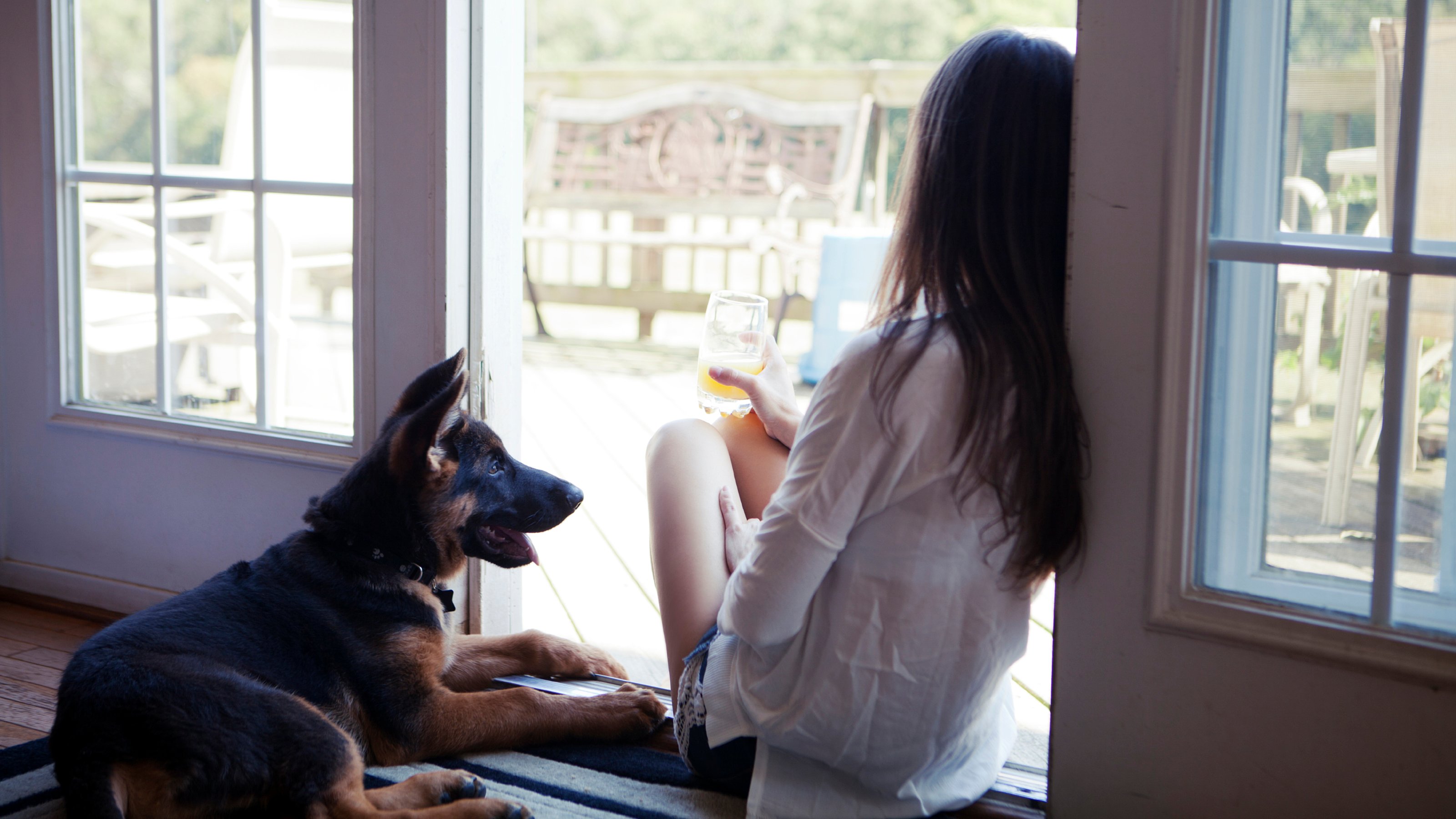
Empty nesters replacing void with pets
For parents whose children have left home, their house can suddenly seem a quiet place. A new survey has revealed that many are filling this gap with a four-legged, feathered or furry friend.
For parents whose children have left home, their house can suddenly seem a quiet place.
And after years, if not decades, of a noisy household, empty nesters often feel a huge void has opened up in their lives.
But a new survey, carried out by Vets4Pets, has revealed that many are filling this gap with a four-legged, feathered or furry friend.
A quarter of empty nesters admitted they had bought a pet when their children had left home, however, as Elaine from Wigan explains, the number who subconsciously buy a dog or cat could be much higher.
“When my son left home for university the house seemed quiet, so I bought Henry (a Lhasa Apso). It all seemed to happen naturally,” said Elaine.
“I’ve never really thought about it, but I suppose subconsciously I did get Henry once my son had left home.
“Although I wasn’t conscious that I might have done that, to replace him if you like, I wonder whether that did affect my decision to get Henry.”
The survey also found that of those who bought a pet after their children left home, two in five admitted they did so because they wanted something to nurture and care for.
A similar number cited companionship as a reason for getting a pet, while more than 60% said the new addition to the home brought them closer to their partner.
Men are more likely to buy a pet when their children leave home in order to have a shared interest with their partner (37%) than women are (24%).
Dr Huw Stacey, vet and director of clinical services at Vets4Pets, said: “Pets provide a wonderful addition to our families and homes.
“They can help create fantastic memories and offer unconditional love and companionship.
“Of course all pets need a loving home, with a suitable living environment and diet to help give them the best start in life, along with time with their owners.”
The survey itself shows that empty nesters are more likely to spend more time with their pet, than younger generations.
Indeed 46% of those aged over 45 said that they are able to spend more than five hours extra a week with their pet now that their children have left home, while 25% spend in excess of 15 hours.
But spending time with their pets was not the only revelation, as more than half (55%) of empty nesters expressed being happier since having a pet.
Other benefits of pet ownership included people becoming physically healthier from exercise (43%), and improved mental health and wellbeing due to companionship (48%).
Nearly a quarter (22%) said say they have had a new lease of life with their new pet, including Elaine.
She added: “I would say that in the time that I’ve had Henry, my emotional wellbeing has improved tremendously.
“There’s something about him that’s emanating this feeling of isn’t life wonderful.
“It’s lovely that he’s a part of my life and I’m a part of his life.”
The most popular pets for empty nesters were dogs and cats (80%), with rabbits, guinea pigs, hamsters, birds and reptiles making up the rest.
Perhaps surprisingly empty nesters think kittens (40%) are much easier to bring up than babies (21%) or puppies (18%), while the rest were unsure.
“As many empty nesters will appreciate, just like babies and young children, puppies and kittens can get up to all sorts of mischief in their first moments and early stages of development,” added Dr Stacey.
“But with good training, most young pets will grow out of these behaviours.
“I’m sure many empty nesters enjoy being a parent again because, even though it brings learning curves and moments of surprise and worry, it also brings with it a huge amount of joy and fun.”
Overall the top reasons for pet ownership after children have moved out are:
- To have something to nurture/care for (41%)
- For companionship after children moved out (38%)
- To have a shared interest with my partner (32%)
- For exercise (27%)
- To improve my mental wellbeing (23%)
- Now have time to have a pet, i.e. not taking children to weekend clubs etc. (19%)
